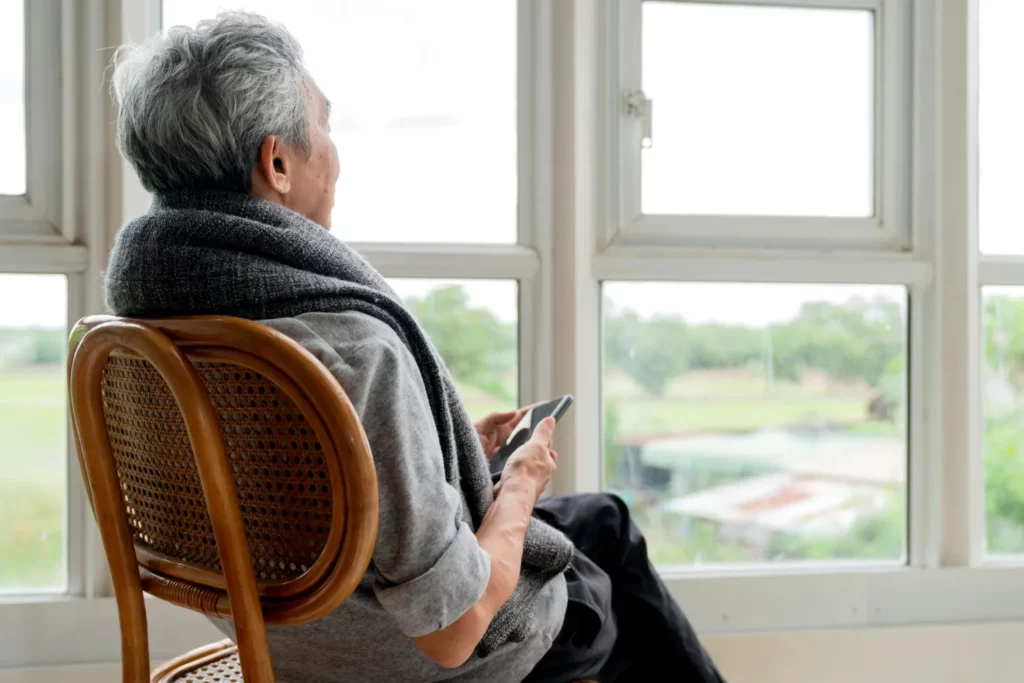
As the baby boomer generation continues to age, new research is uncovering the importance of social connections. With the average life expectancy rising, seniors are spending more of their lives alone, which can lead to an increased risk for serious health issues. In fact, researchers are now finding that loneliness can be as detrimental to your overall health as smoking, obesity, and high blood pressure. Loneliness is defined as a subjective feeling of isolation, and is typically caused by a lack of meaningful social connections. While loneliness can affect people of all ages, seniors are disproportionately at risk due to their increased risk for isolation. This can be due to the death of a spouse, moving to a new area, mobility issues, health complications, and more. There are many physical and psychological impacts of loneliness on seniors. The physical impacts are numerous, and can lead to an increased risk of health issues such as heart disease, high blood pressure, poor nutrition, and impaired immunity. Moreover, there is an increased risk of psychological distress such as depression, anxiety, and Alzheimer’s disease. Seniors who are feeling lonely can work to combat this issue by making meaningful changes in their lives. One way to do this is to stay in touch with family and friends, either through in-person visits, phone calls, emails, or other communication methods. Other activities such as joining a club, attending classes or events, volunteering, gardening, pursuing a hobby, or taking a trip can also help to reduce feelings of loneliness. It’s also important for friends and family members of seniors to be aware of the warning signs of loneliness. These can include withdrawal from activities, general disengagement, feelings of helplessness or hopelessness, increased reliance on others, health complaints, and changes in sleeping or eating habits. Seniors who are feeling lonely should not hesitate to ask for help. There are numerous support groups available online and in local communities, as well as trained professionals such as social workers or counsellors who can aid in managing loneliness. Additionally, healthcare providers may be able to provide referrals and resources. Despite the many risks and impacts of loneliness on seniors, it is important to remember that there are solutions available and support systems in place. With a few lifestyle changes and access to the resources described above, seniors can start to feel a sense of connection again and improving their overall wellbeing.
